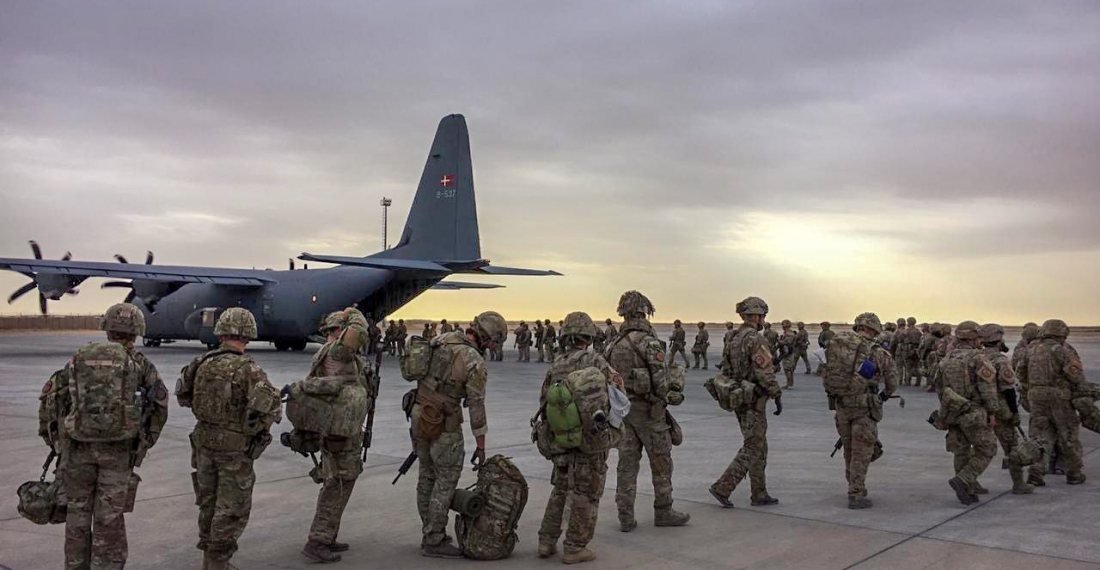A detachment of ninety Danish special forces personnel who arrived in Mali to re-enforce Operation Barkhane, a regional effort aimed at combating the spread of jihadists forces in the Sahel, has become victim to on-going tensions between the military government in Mali and Paris.
The Malian government has requested the repatriation of the Danish soldiers back to their country, even though they had just arrived as reinforcements in the framework of operation Barkhane - an EU supported initiative aimed at re-enforcing the capability of countries in the Sahel in combating ongoing jihadist violence through the joint Task Force Takuba. Bamako denounced the way the Danish contingent had been deployed, but according to the newspaper Le Monde, this unexpected development is the result of a conflict between Paris and the Malian regime.
On 24 January, the ruling military junta denounced the recent deployment of elite Danish troops in Mali. According to the Malian authorities this reinforcement organised by France was co-ordinated by France without the "consent" of the Malian government, and that this violates the terms of the "additional protocol" which is part of the existing agreements between France and Mali.
All countries joining Task Force Takuba must indeed be "invited, approved and authorised by the government of Mali". Denmark insists that it has been invited to deploy the detachment. A letter from 2019 containing the Malian invitation was made public by the Danish government.
According to Signe Marie Cold-Ravnkilde, a researcher at the Danish Institute for International Studies, the Malians “want to make it clear that they are the ones who decide in Mali, and to tell France that it cannot just invite foreign forces onto their territory”.
According to Malians, the modalities of deployment of Task Force Takuba, as stipulated in the terms of an agreement signed between France and Mali in 2013 in the framework of Operation Barkhane, gives too much leeway to the Europeans.
Last month (December 2021), when the Malian government asked for the revision of the defence agreements with France, the Malians demanded that for each new country joining the military coalition, a bilateral agreement be signed sperate from the one that established Operation Barkhane.
For some time France has been trying to involve the EU and EU member states in the anti jihadist efforts in the Sahel, and Task Force Takuba is supposed to be an expression of a new commitment by the EU to engage militarily with the problems of the region. The incident with the Danish forces puts this into question, with considerable political implications.







